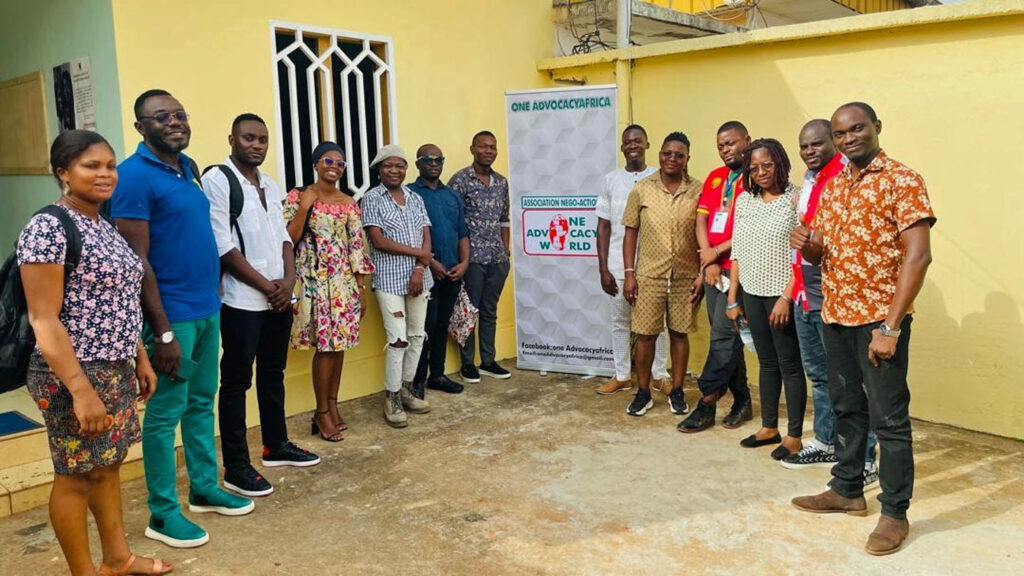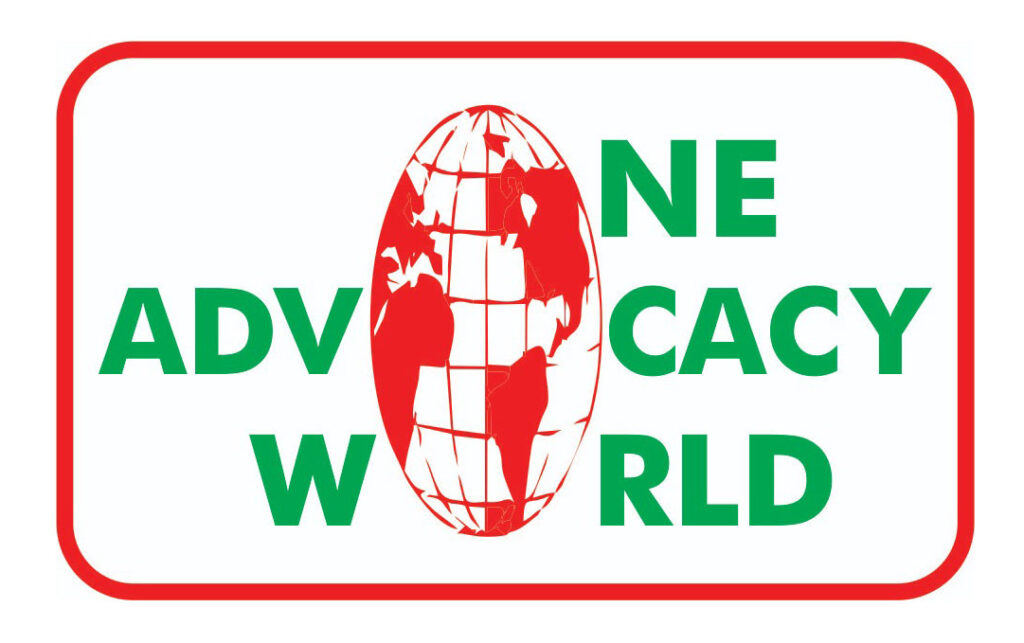Back to School Initiative seeks improved education for LGBTI Cameroonians
LGBTQ rights activist and journalist in Cameroon.
Study shows lack of access to education contributes to risk of HIV infection among LGBTI Cameroonians

The recent meeting of One Advocacy Africa included founder Jean Jacques Dissoke (right) and representatives from 11 partner organizations.
By Jean Jacques Dissoke
In order to support people at risk of contracting HIV in Cameroon, the One Advocacy Africa task force has launched the Back to School KP 2024 initiative to make Cameroon’s schools more hospitable to LGBTI students. Shortcomings in LGBTI people’s education are an important factor leaving them vulnerable to violence and HIV infection. The first meeting of the initiative was held on March 22 in Yaoundé.
This first meeting saw the participation of the several organizations, including SOS Solidarity Rights and Health, Humanity First Cameroun, Positive Vision, Ladys Cooperation, Récap +, 2HRC, ACAFEM, Trecia 3A, AVAF, ASCAUPEV and Horizon Femme. The discussions focused on the organization of work, particularly stages such as communication strategies, strategies for collecting data on the needs of beneficiaries, eligibility criteria and mobilization of resources.According to the National Strategic Plan to combat HIV/AIDS in Cameroon 2024-2030, men who have sex with men (MSM), transgender people, and intravenous drug users represent the groups most vulnerable to HIV/AIDS infection, with prevalence reaching 20.7% among MSM according to IBBS 2017.
The plan attributes the high concentration of HIV infection to the penal environment, arising from the criminalization of same-sex sexual activities, sex work, and drug use, as well as the influence of culture, which castigates key populations. These factors often lead to family rejection, eviction from home, difficulty accessing employment, excommunication from church, and low schooling.
According to one of the results recorded as part of the WITH initiative of the CHAMP project in 2021 by CARE Cameroon, the majority of key populations encountered were under-educated due to the absence of family support but also the absence of support at school.
Participants at the first meeting of the Back to School Initiative expressed that their communities need assistance not only with academic training, but with training in small trades as well. The meeting ended with the groups proposing a draft work plan, communications plan, and data collection form.





